Re: Nagorno-Karabagh: Military Balance Between Armenia & Azerbaijan
Russia Presses For Safeguards Against Karabakh Truce Violations
Armenia and Azerbaijan should accept specific safeguards against ceasefire violations without “further delay,” Russian Foreign Minister Sergey Lavrov said on Friday during a visit to Yerevan aimed at de-escalating the Nagorno-Karabakh conflict.
Lavrov said both conflicting parties should “fully” restore and bolster the ceasefire regime along the Karabakh “line of contact” following the worst fighting in over two decades that broke out there on April 2.
“These tragic events once again confirmed the fact that this conflict does not and cannot have a military solution and can be settled in a solely politico-diplomatic way,” he said after talks with his Armenian counterpart Edward Nalbandian.
“We believe that at this stage the absolute priority is to ensure a full and unconditional compliance with the [Russian-mediated] ceasefire agreements of 1994 and 1995, which are open-ended and must be fully respected as such by all,” he added.
Lavrov travelled to Yerevan amid intense Armenian media speculation that Moscow, having helped to stop the heavy fighting on April 5, is now seeking to revive the Karabakh peace process at the expense of more Armenian concessions to Azerbaijan.
However, the Russian minister made no mention of any compromise peace accords at the joint news conference with Nalbandian. Instead, he put the emphasis on maintaining and strengthening the truce through confidence-building measures that have long been advocated by Russia as well as the two other mediating powers, the United States and France.
Lavrov said that Presidents Serzh Sarkisian of Armenia and Ilham Aliyev of Azerbaijan agreed to such measures at a 2011 summit in Kazan, Russia, which nearly yielded a breakthrough. “A further delay in the implementation of those decisions would be wrong,” he stressed.
Lavrov met with Sarkisian later in the day.
The proposed safeguards include mutual withdrawal of snipers from the frontlines and a mechanism for OSCE investigations of armed incidents on both the Karabakh “line of contact” and the Armenian-Azerbaijani border. They have been repeatedly backed by Armenia but rejected by Azerbaijan.
Aliyev charged last month that the confidence-building measures sought by the U.S., Russian and French co-chairs of the OSCE Minsk Group would only “freeze the conflict” and thus boost the Armenian side. “Instead of resolving the conflict, they come up with weird proposals to bolster security along the Line of Contact,” he said.
In an extensive statement released on Thursday, the Azerbaijani Foreign Ministry blamed Yerevan for the April 2 escalation. “With its pre-planned attack Armenia nullified the ceasefire agreement reached in 1994,” it said.
The Armenian Foreign Ministry brushed aside Baku’s “cynical” claim as an attempt to “cast doubt” on the validity of that agreement which stopped a nearly three-year-long Armenian-Azerbaijani war for the disputed territory.
Russia’s Foreign Ministry similarly emphasized the “open-ended character” of the 1994 truce in a statement issued later on Thursday. It publicized a similar Russian diplomatic note that was sent to Azerbaijan’s permanent representative to the OSCE headquarters in Vienna on April 12.
Russia Presses For Safeguards Against Karabakh Truce Violations
Armenia and Azerbaijan should accept specific safeguards against ceasefire violations without “further delay,” Russian Foreign Minister Sergey Lavrov said on Friday during a visit to Yerevan aimed at de-escalating the Nagorno-Karabakh conflict.
Lavrov said both conflicting parties should “fully” restore and bolster the ceasefire regime along the Karabakh “line of contact” following the worst fighting in over two decades that broke out there on April 2.
“These tragic events once again confirmed the fact that this conflict does not and cannot have a military solution and can be settled in a solely politico-diplomatic way,” he said after talks with his Armenian counterpart Edward Nalbandian.
“We believe that at this stage the absolute priority is to ensure a full and unconditional compliance with the [Russian-mediated] ceasefire agreements of 1994 and 1995, which are open-ended and must be fully respected as such by all,” he added.
Lavrov travelled to Yerevan amid intense Armenian media speculation that Moscow, having helped to stop the heavy fighting on April 5, is now seeking to revive the Karabakh peace process at the expense of more Armenian concessions to Azerbaijan.
However, the Russian minister made no mention of any compromise peace accords at the joint news conference with Nalbandian. Instead, he put the emphasis on maintaining and strengthening the truce through confidence-building measures that have long been advocated by Russia as well as the two other mediating powers, the United States and France.
Lavrov said that Presidents Serzh Sarkisian of Armenia and Ilham Aliyev of Azerbaijan agreed to such measures at a 2011 summit in Kazan, Russia, which nearly yielded a breakthrough. “A further delay in the implementation of those decisions would be wrong,” he stressed.
Lavrov met with Sarkisian later in the day.
The proposed safeguards include mutual withdrawal of snipers from the frontlines and a mechanism for OSCE investigations of armed incidents on both the Karabakh “line of contact” and the Armenian-Azerbaijani border. They have been repeatedly backed by Armenia but rejected by Azerbaijan.
Aliyev charged last month that the confidence-building measures sought by the U.S., Russian and French co-chairs of the OSCE Minsk Group would only “freeze the conflict” and thus boost the Armenian side. “Instead of resolving the conflict, they come up with weird proposals to bolster security along the Line of Contact,” he said.
In an extensive statement released on Thursday, the Azerbaijani Foreign Ministry blamed Yerevan for the April 2 escalation. “With its pre-planned attack Armenia nullified the ceasefire agreement reached in 1994,” it said.
The Armenian Foreign Ministry brushed aside Baku’s “cynical” claim as an attempt to “cast doubt” on the validity of that agreement which stopped a nearly three-year-long Armenian-Azerbaijani war for the disputed territory.
Russia’s Foreign Ministry similarly emphasized the “open-ended character” of the 1994 truce in a statement issued later on Thursday. It publicized a similar Russian diplomatic note that was sent to Azerbaijan’s permanent representative to the OSCE headquarters in Vienna on April 12.




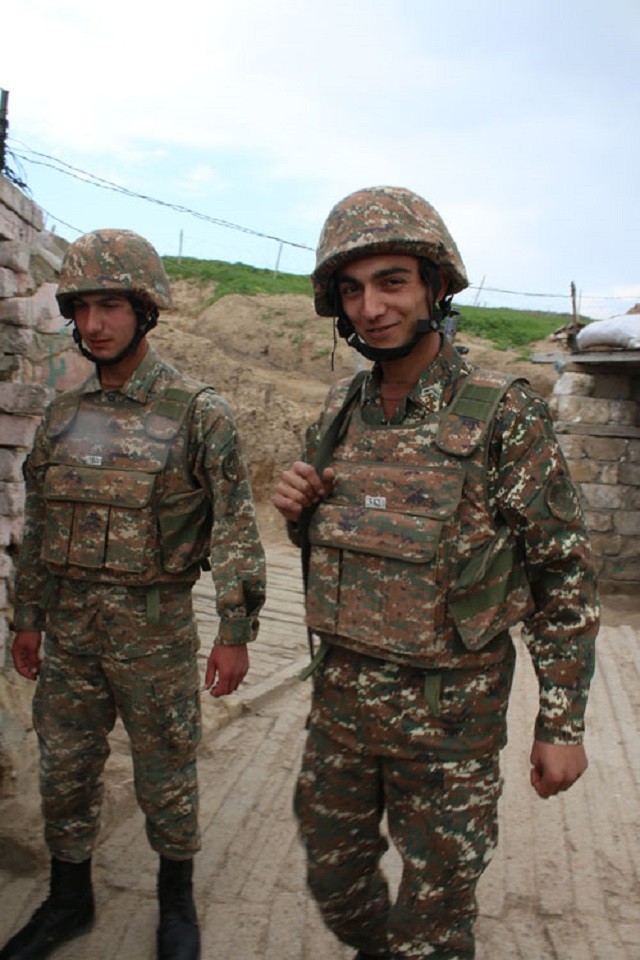
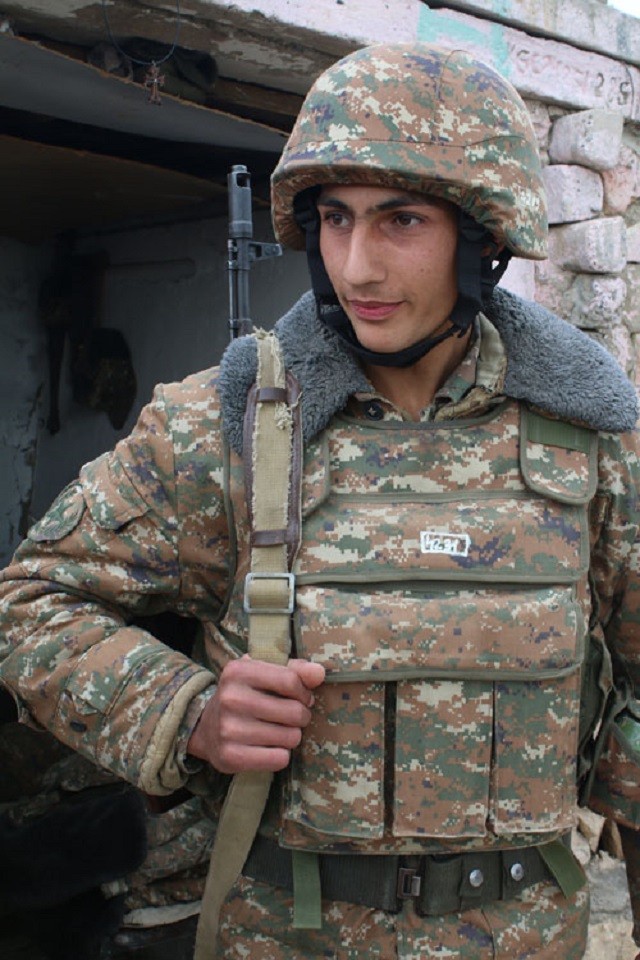
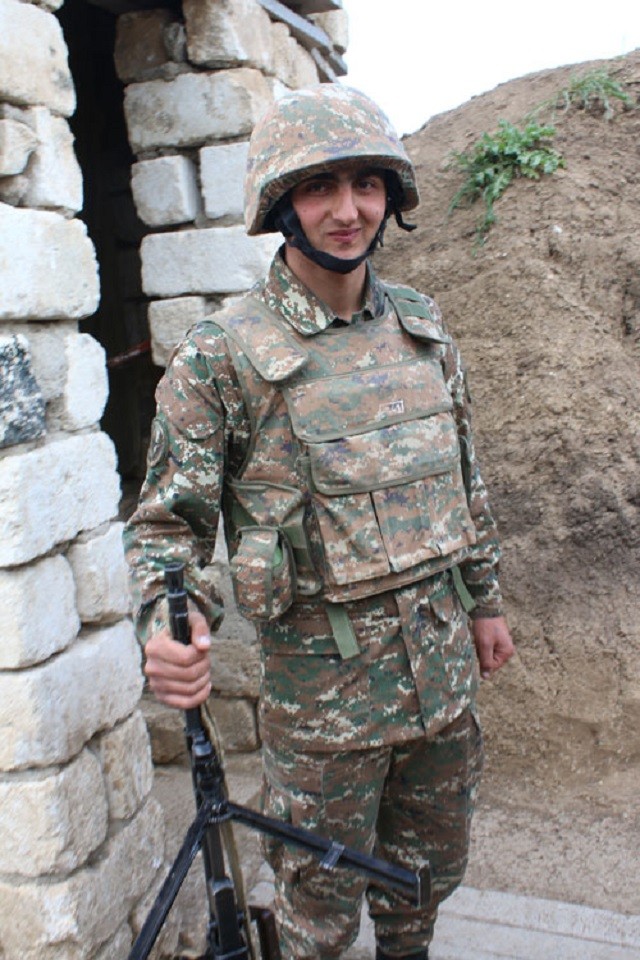

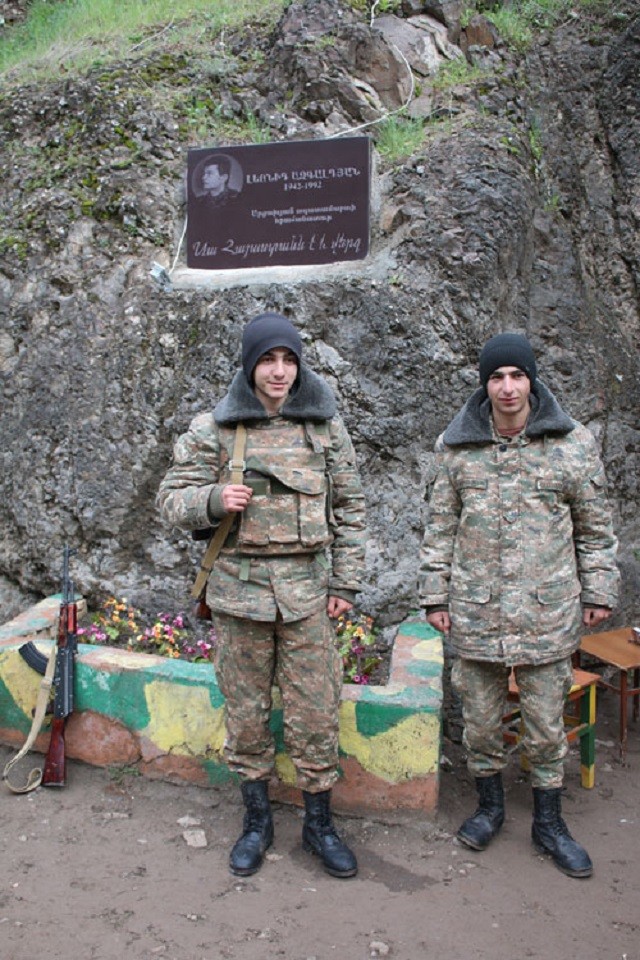
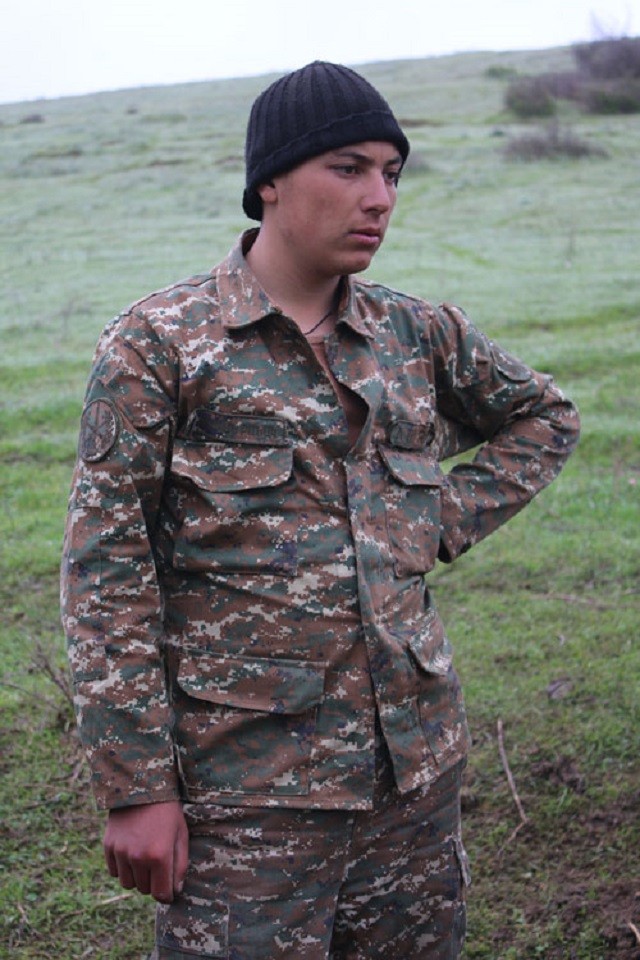




Comment